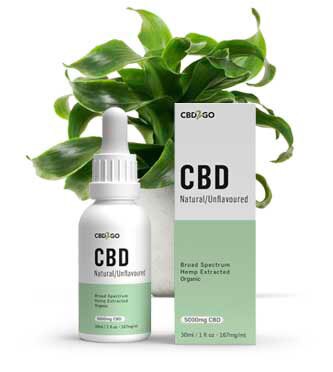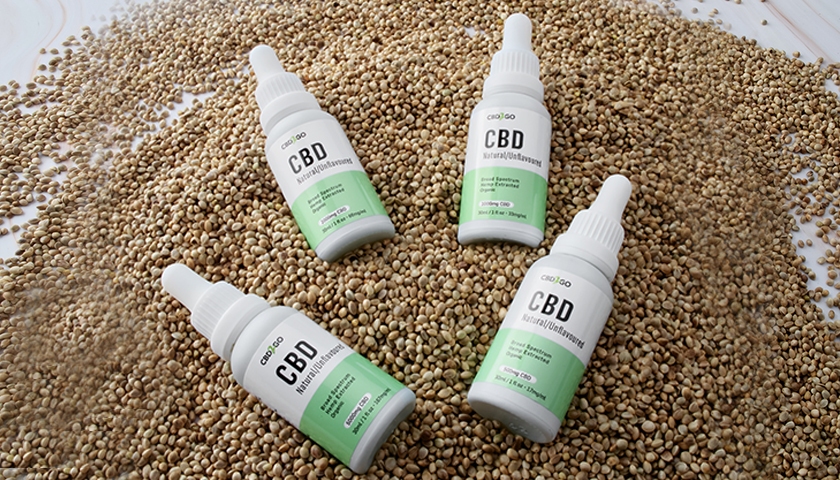
CBD vs. CBN vs. CBG: What’s the Difference, and Which One Should You Choose?
Breaking Down the Cannabinoids: CBD, CBN, and CBG
Let’s face it — the world of cannabinoids can feel overwhelming. First, there was CBD. Now, names like CBN and CBG are showing up in wellness circles, product labels, and supplement shelves. But what exactly are they, and how do they differ?
At CBD2GO, we believe in making wellness simple and accessible. So here’s a clear, no-nonsense guide to help you understand what sets these three cannabinoids apart and how to choose the right one for your needs.
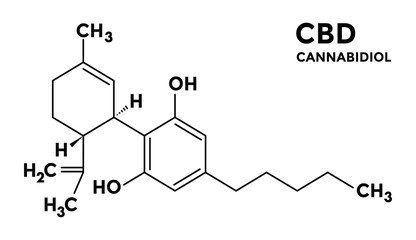
What is CBD?
CBD (short for cannabidiol) is probably the most recognized cannabinoid out there — and for good reason. It’s non-intoxicating, meaning it won’t make you feel “high,” and it interacts with your body’s endocannabinoid system to promote balance in areas like mood, sleep, and inflammation.
Why people use CBD:
-
To manage stress or anxiety in a more natural way
-
For everyday aches and joint discomfort
-
To wind down at night and get better sleep
-
As a gentle wellness supplement without the side effects of stronger medications
CBD is incredibly versatile, and that’s why it’s often the starting point for those exploring cannabis-based wellness.
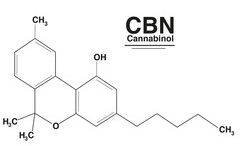
What is CBN?
CBN (cannabinol) is less talked about but quickly gaining traction — especially among those dealing with sleep issues. Interestingly, CBN is created when THC (the psychoactive cannabinoid) breaks down over time. But don’t worry, it’s only mildly psychoactive, and it won’t give you the traditional “high.”
Why people turn to CBN:
-
Trouble falling asleep or staying asleep
-
Restless nights or occasional insomnia
-
Muscle relaxation and calming the mind before bed
You’ll often find CBN in nighttime CBD formulas designed to help you drift off more naturally — without grogginess the next day.
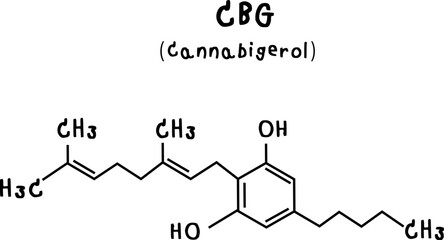
What is CBG?
CBG (cannabigerol) is known as the “mother of all cannabinoids” because it’s the compound that other cannabinoids like THC and CBD originate from during plant growth.
CBG might not be as popular as CBD yet, but its benefits are impressive — especially for those looking for a daytime boost.
Why CBG might be right for you:
-
Supports digestion and gut health
-
Helps improve focus and mental clarity
-
May reduce inflammation in the body
-
Offers a clean, alert energy without caffeine or jitters
People who use CBG often describe it as the “clear-headed cannabinoid.” If you’re looking to stay sharp and balanced throughout the day, CBG is worth exploring.
Quick Comparison Table
| Cannabinoid | Psychoactive? | Most Common Uses | Best Time to Use |
|---|---|---|---|
| CBD | No | Stress, inflammation, pain | Anytime |
| CBN | Very mild | Sleep support, relaxation | Nighttime |
| CBG | No | Focus, gut health, energy | Daytime |

So… Which One Should You Pick?
If you’re new to all this, start with CBD — it’s well-studied, versatile, and widely used. If your biggest challenge is sleep, give CBN a try. And if you’re all about staying sharp, focused, and energized without stimulants, CBG might be the right fit.
Everyone’s body responds a bit differently, and many people find success by trying a blend of cannabinoids to target specific needs.
Where to Buy CBD, CBN, and CBG in Canada
At CBD2GO, we’ve carefully curated our product lineup to include high-quality, lab-tested CBD, CBN, and CBG oils, capsules, and topicals. Whether you’re shopping for yourself or your pet, we’re here to help you find something that works.
Final Thoughts
CBD, CBN, and CBG each offer something unique. Whether you’re trying to calm your nerves, get better rest, or sharpen your focus, these natural compounds can help you feel more in control of your wellness — without the side effects of pharmaceuticals.
As always, we recommend starting slow, staying consistent, and choosing trusted brands (like us!) when exploring cannabinoid-based supplements.
References
-
Dos Diaz, A. (2020, December 8). What Is Cannabigerol (CBG)? Verywell Mind. Describes CBG as the “mother of all cannabinoids,” its scarcity in mature plants, its non-psychoactive properties, and its potential therapeutic benefits.
-
Wikipedia contributors. (2025, updated). Cannabinol. Wikipedia. Provides chemical, pharmacological, and historical details about CBN, including its mild psychoactive effects and interactions with CB receptors.
-
Wikipedia contributors. (2025, updated). Cannabigerol. Wikipedia. Discusses CBG’s chemical profile, non-psychoactivity, decarboxylated origins (from CBGA), low prevalence in mature cannabis, and receptor interactions.
-
Schivone, S. (n.d.). CBN vs CBD vs CBG: Simply Explained. GetFluent Notes that CBD is abundant in cannabis, whereas CBN is rarer and produced via THC degradation.
-
Royal CBD. (n.d.). Cannabinoids: Differences Between CBD vs CBG, CBDA, CBN, CBC, CBDV. RoyalCBD Explains that CBD and CBN offer calming and sleep-supporting effects, while CBG provides uplifting and energizing benefits.
-
Farmulated. (2024, December 18). CBN vs CBD vs CBG: Understanding Their Unique Benefits and Differences. Farmulated Highlights primary usage: CBN for sedative/sleep effects; CBD for pain relief and anxiety; CBG for anti-inflammatory and neuroprotective functions.
-
WebMD. (2023, October 8). CBD vs CBN: What’s the Difference?. WebMD Clarifies that while CBD is non-psychoactive, CBN in higher doses can produce mild psychoactive reactions.
